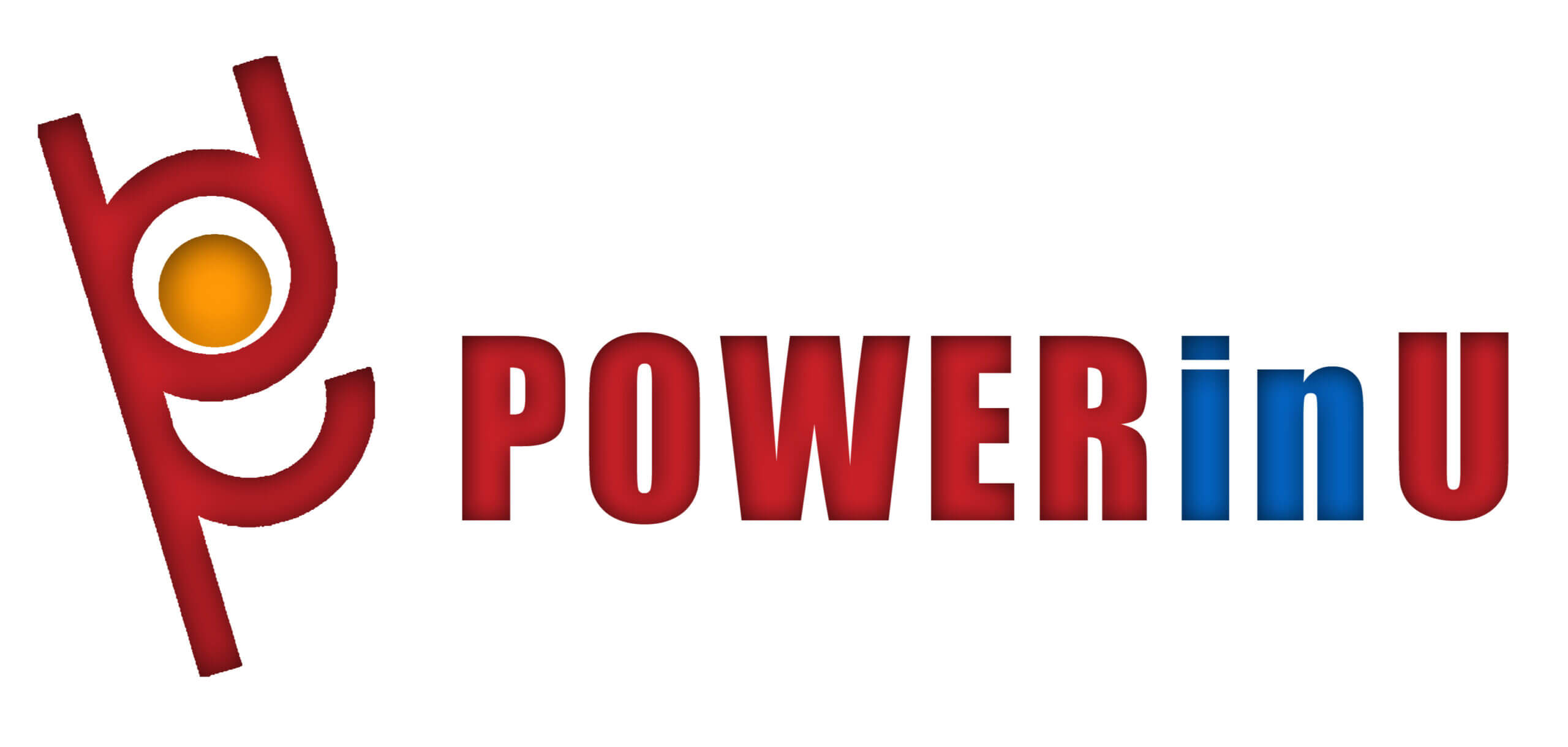by Elaine Cercado
I’ve lived my last 20 years in the corporate world reporting to two or more bosses. I usually worked with a team of diverse backgrounds bound by common team goals. Some companies call this set up a matrix organization, while other companies prefer to call it an interdependent organization. Whatever it is called, this complex structure can sometimes cause confusion in roles, priorities and reporting relationships, which can lead to a chaotic workplace. Ownership or accountability is lacking, which leads to lack of, or no decision-making.
I’ve found the following approach helpful when facing ambiguities:
“What are your expectations?”
Set a one to one discussion with your bosses – direct & dotted line – upfront and discuss their performance expectations. Ask for specifics to ensure you are aligned about the priorities and key deliverables of the job. When in doubt, ask your boss “if I were to focus on top 3 deliverables, which would weigh most to you (usually out of the 10 or more in a given list)?” Once you are clear with this, ensure you have follow up discussions to track your performance. Quarterly tracking is ideal. Minimum is twice a year. If your bosses don’t schedule such discussions, ask pro-actively. To avoid irritating your bosses, get their agreement to the follow up meetings from the onset of your first performance expectation discussion. The process then becomes a mutual commitment.
“When do you need this?”
When facing parallel deadlines, ask your bosses when they absolutely need your outputs; and whether there is flexibility in the deadline or not. The idea is to buy time where you can, and to ensure you don’t shortchange the quality of outputs you deliver. Once you have cleared with your bosses, work out in your own mind a prioritization schedule. I’ve found it very useful to write down my deliverables in a simple to do/calendar system. This is time management at its very basic – it is proven, and it works.
“What can I learn or take away from this?”
Make every project or activity counts. Ask yourself, “What am I learning from this project or activity?” Take note of the key ones and record them in your accomplishment list to be shown or used during performance appraisal time, or job opportunity hunting. There is always a key learning – be it a skill improved, or knowledge gained, or a behavior demonstrated. Do a self-assessment after each undertaking. Aside from doing something to help your own future, this approach makes working in your current environment fun and worth it.
To live successfully in a complex organization, you need to develop a high level of emotional intelligence, especially in the aspects of self-awareness, self-management, motivation, empathy and relationship management (based on the five-competency model of emotional intelligence by Daniel Goleman). To endure, you need to continuously adapt, improve, or change. You also need to communicate clearly and consistently upward, lateral and downward. All these are important to your present role but also to your potential future. Maximize every challenge and opportunity to develop and prepare your self for bigger roles & responsibilities in the corporate world.
